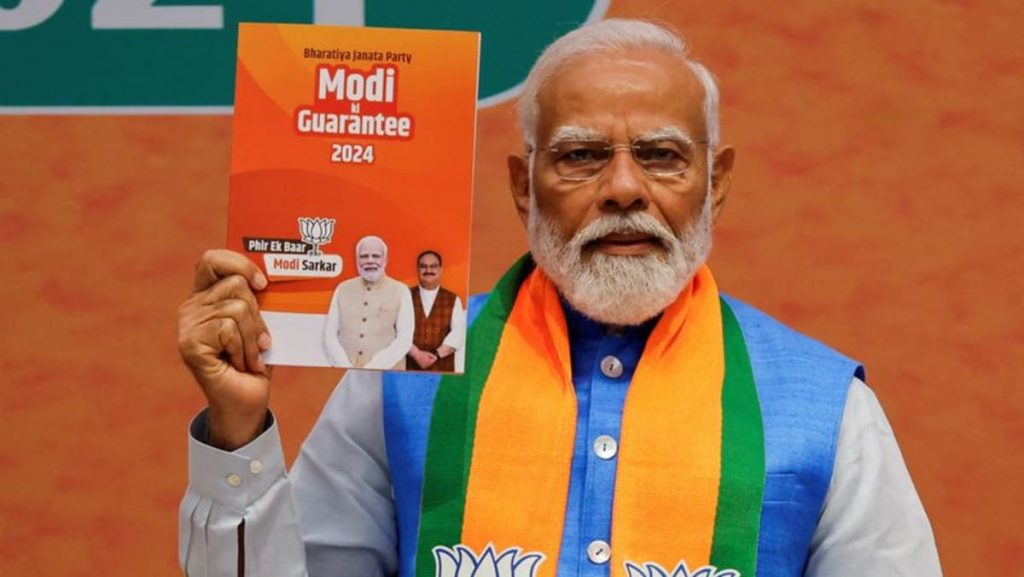Despite concerns over Modi’s government’s restrictions on press freedom and civil society, Western nations have been eager to court India as an ally against China. Modi’s tenure has led India to overtake Britain as the world’s fifth-biggest economy. But with concerns over the taming of India’s vibrant press and restrictions on civil society, Modi’s government has faced criticism for its treatment of dissent.
Last year, the tax office raided the BBC’s local offices after the broadcaster aired a documentary questioning Modi’s role in the 2002 religious riots that killed around 1,000 people, mostly Muslims. Political scientist Suhas Palshikar predicts that if Modi wins a third term, it will be characterized by even more contempt for dissent. The government’s chest-thumping Hindu nationalism and democratic backsliding have left many Muslims in India fearful for their futures, according to Gandhi.
Despite Gandhi’s efforts to dent Modi’s popularity by criticizing the government’s policies, he has failed to sway voters in two previous elections. A Pew survey last year found that nearly 80 percent of the Indian public viewed Modi favorably. With 968 million people eligible to vote in the upcoming election, the results will have a major impact, with voting staggered over seven stages between April and June.
The upcoming election will be a crucial moment for India, with more than a million polling stations set up across the country. Ballots will be counted simultaneously on June 4, with results typically announced on the same day. While published opinion polls are rare in India, the popularity of Modi among the public remains high, despite concerns over the government’s treatment of dissent and restrictions on freedom of expression.
The election will be closely watched by Western nations seeking to align themselves with India against China’s growing assertiveness in the region. Despite concerns over the government’s treatment of dissent, Modi’s economic achievements have impressed many. However, the future of India’s democracy and the rights of its minority population remain uncertain, as the election will determine the direction of the country’s government for the years to come.
As India prepares for the upcoming election, the world will be watching to see if Modi’s popularity with the public will lead to a third term in office. With concerns over press freedom and civil society restrictions, as well as the government’s treatment of dissent, the election will be a crucial test of India’s democracy and the rights of its citizens.


